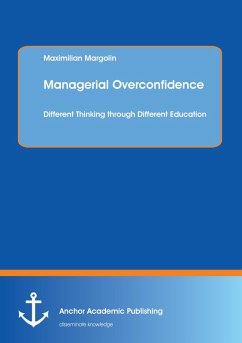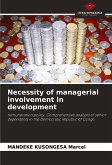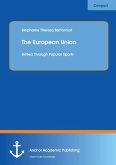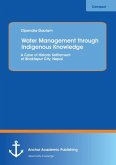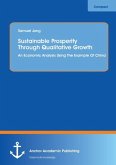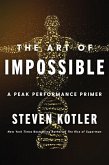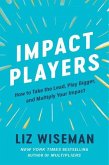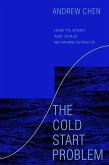In literature, overconfidence has been blamed for economic bubbles and crises as well as for international conflicts and wars. While education has already been shown to impact one's level of overconfidence previous research focused on the length and profoundness of education. This study, in contrast, examines the connection between overconfidence and the field in which a person has been educated. The issues covered are therefore how education and mind set are related, why a differentiation between "quantitative" and "qualitative" education makes sense in this context, and how different mind-sets influence an individual's proneness to overconfidence. Drawing on the dual process concept of reasoning from psychology it is argued that the focus of one's education may have an influence on individual levels of overconfidence through distinct ways of reasoning that are acquired and practiced during higher education. As support for this theory, data on the overconfidence of CEOs of the largest German companies is used and experiments for future research on this topic are suggested.
Bitte wählen Sie Ihr Anliegen aus.
Rechnungen
Retourenschein anfordern
Bestellstatus
Storno

